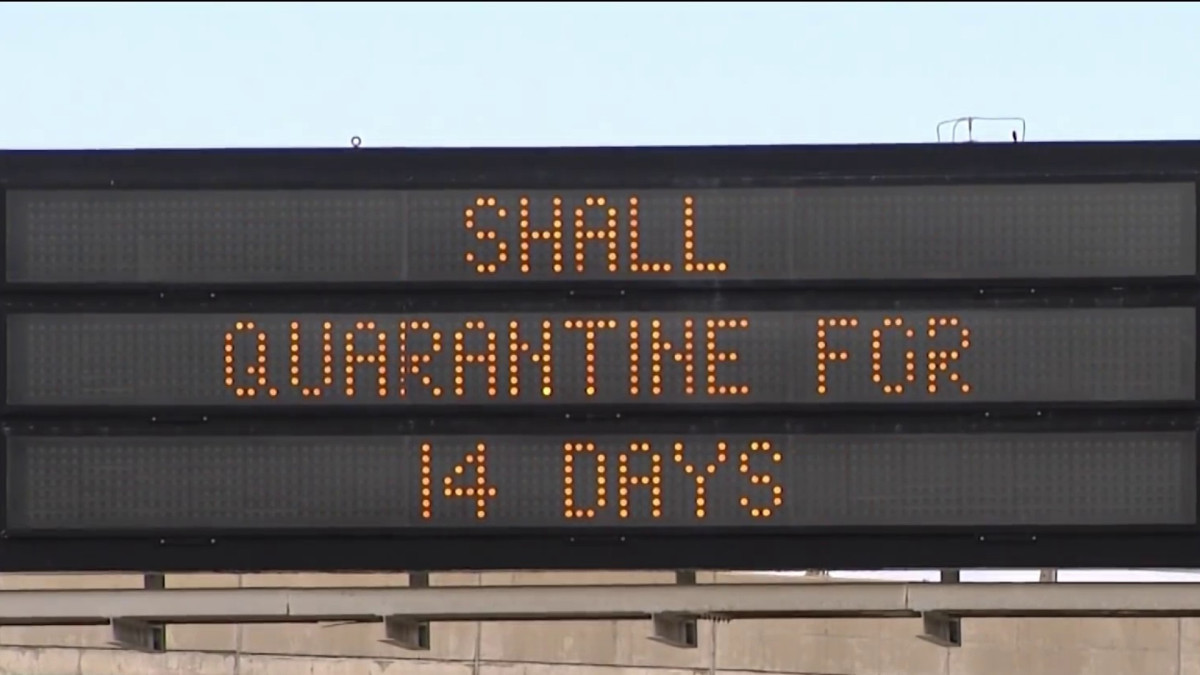Effective Saturday, Massachusetts is requiring that people arriving in the state from New York and Washington State, as well as the nation's capitol, stay in quarantine.
Under Massachusetts' travel order, these areas join all but four states across the nation considered to be a higher risk for travel.
Two weeks ago, Connecticut and New Jersey were taken off Massachusetts' list of low-risk states for travel, days after they'd done the same for Massachusetts. Last week, California was also removed.
Get Boston local news, weather forecasts, lifestyle and entertainment stories to your inbox. Sign up for NBC Boston’s newsletters.
Those traveling from Massachusetts should also check entry requirements for other states. Starting Monday, Maine will require that travelers coming from Massachusetts either quarantine or produce a negative COVID test.
Here's what do know about the Massachusetts Department of Public Health Travel Order:
- Anyone arriving to Massachusetts from any of the states deemed to be high risk are required to fill out the Massachusetts Travel Form and quarantine for 14 days, or produce a negative COVID-19 test within 72 hours, according to the state's guidelines. That includes anyone who's coming from one of the low-risk states but stayed "for more than a transitory period of time in the last 14 days" in a higher-risk state.
- Massachusetts' full list of states deemed to be low risk as of Saturday now includes just four states: Hawaii, Maine, New Hampshire and Vermont.
- There are some exemptions to the travel order, including for people who are going to higher-risk states just to commute or go to school. See the full order, which includes exemptions, here.
- Anyone who violates the travel order could face up to a $500 fine.
To be included on Massachusetts' list of low-risk states for travel, one must have fewer than 10 average daily cases per 100,000 people.



